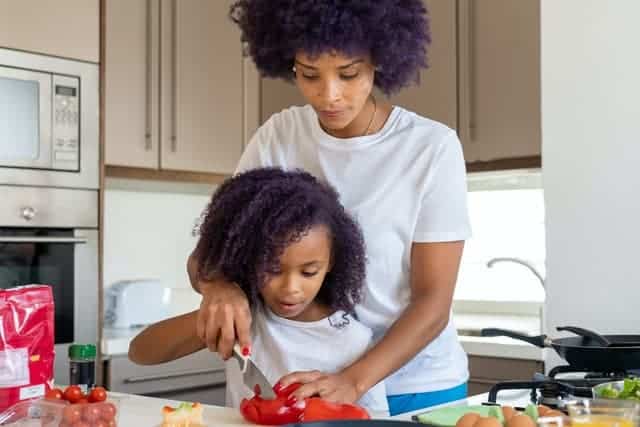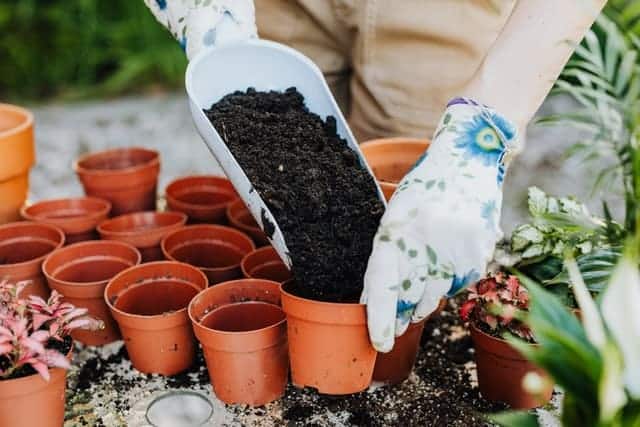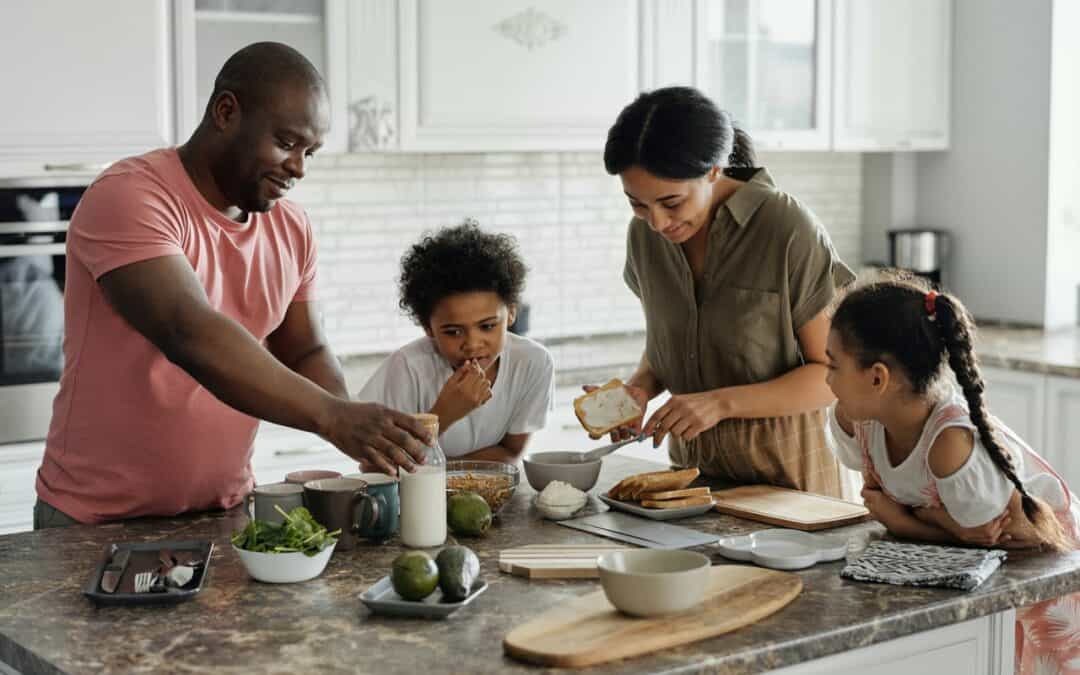It takes more than academic skills to sufficiently prepare children for rewarding lives. It is the responsibility of parents and educators to provide learning experiences designed to foster life skills for children, including social and emotional skills. In this article, we’ll explore life skills for students and provide activities that help children develop in these essential areas.
Life Skills for Children
The classroom is a place where children learn both how to think and how to behave. Nurturing social and emotional skills helps to shape child behavior. It also helps to promote the long-term success of a child.
In academia, some “softer” life skills necessary for living a rewarding life are referred to as executive function and self-regulation. These are terms that refer to skills like focus, switching focus, and coping with distractions. They also refer to self-control, working memory, and mental flexibility.
These soft skills are important life skills children will grow up and use to function well in society, hold a job, and connect with peers.
Additionally, these core skills provide the underpinnings for other life skills like empathy and acceptance, or social skills like politeness and cooperation. All of these skills help children to thrive in group settings while building confidence in themselves. Exercises designed to encourage children to practice empathy, acceptance, politeness, cooperation, etc., create opportunities for children to develop core skills of executive function and self-regulation.
Teaching activities that promote life skills for children can be incorporated into the classroom or implemented at home. These activities can help prepare children for success.
Examples of Life Skills Activities
There are many life skills activities educators and parents can incorporate into the education of the children in their care. Educators might find it more useful to tailor life skills activities to the specific needs of the children in their particular classrooms. It’s not only possible to do this, it might prove essential in many cases. Different groups of children have different specific needs, and the principles of teaching core skills will be similar. Here are a few examples to give educators and parents a place to start thinking about designing life skills activities for primary school children:
Bake a Snack

Every aspect of baking contributes positively to a child’s development. It gives a child a sense of accomplishment and gratification that they can do something both positive and constructive for themselves. Baking provides an opportunity for children to practice patience and to practice recognizing the connection between actions and results. Bonus: make it a group activity and build in chances for children to cultivate social skills and communication.
Learn Emergency Numbers
There are a lot of things considered by adults to be common knowledge. As a result, it can be a worrying thing for a child to feel unprepared. Helping children with knowledge such as the numbers for their local police departments and fire departments can provide a sense of security.
Learn to Use Simple Tools
Understanding the use of tools, like screwdrivers and socket wrenches, fosters a broader understanding of how the world is put together. It encourages imagination in addition to providing a sense of self-reliance.
Grow Plants from Seeds

Growing plants from seeds provides children a chance to cultivate patience and sustained attention over weeks. Furthermore, growing living things provides an opportunity for children to develop nurturing instincts towards other living things. Make it a group activity and give children a chance to practice mutual accountability and working together.
Sew Buttons on Clothes
Culturally, many of us are getting further and further away from the source of our commodities. We don’t typically think about where our stuff comes from. As a result, children might develop a sense that if their stuff breaks they can’t do anything about it. Learning a skill like putting buttons back on clothes provides children with the opportunity to learn that they can take care of their things. In turn, this creates a sense of confidence and contribution.
Play Games as a Group
We know that playing is an integral part of childhood learning. Additionally, when children play in a group they learn social skills and how to cooperate with others. Pull out a board game, play charades in teams, or enhance listening skills with the game of telephone. Because social emotional skills are so important in a child’s development, interacting with peers in a cooperative setting promotes important life skills.
Teaching Life Skills in Primary School
It’s important to prepare children in multiple areas of life. The whole concept of life skills may include practical skills, social skills, and academic skills which all prepare children for success in adulthood. Here are some activities you can implement to enhance social emotional life skills:
Self Care Activities for Students
Social Skills Activities for Kids
Conflict Resolution Activities for Kids
When educators need assistance with lessons that encourage core skills like executive function and self-regulation, Soul Shoppe helps with online SEL programs. Soul Shoppe encourages empathy and emotional awareness in children. Whether helping in the classroom or assisting parents at home, Soul Shoppe brings social skills to the forefront of the discussion. Click for more information on SEL Programs for Elementary Schools or our parent support programs.
You May Also Like:
Self-Control Games & Activities for Parents and Teachers
How to Manage Emotions in a Positive Way
Confidence-Building Activities For Kids
How to Teach a Child to Take Responsibility for Their Action

